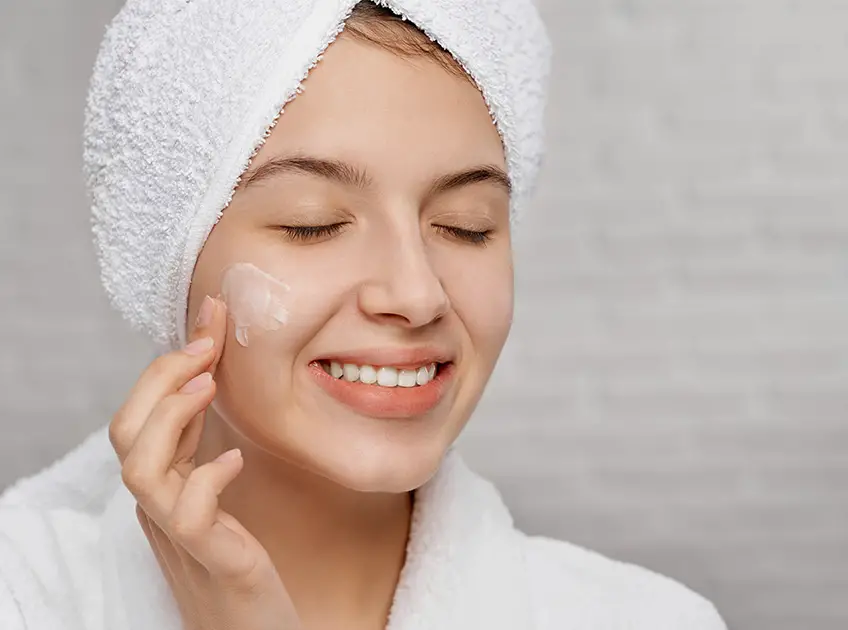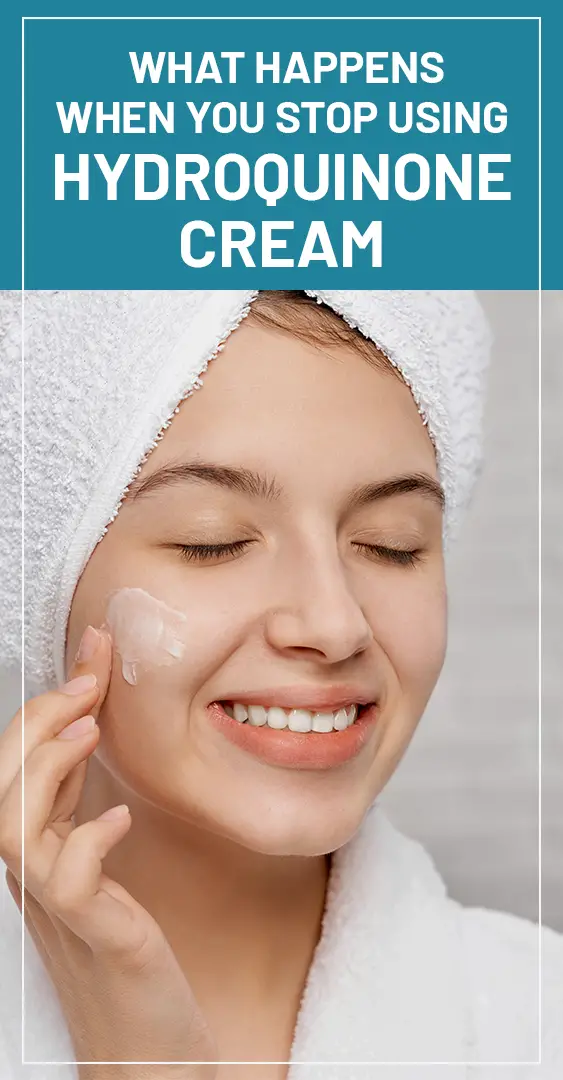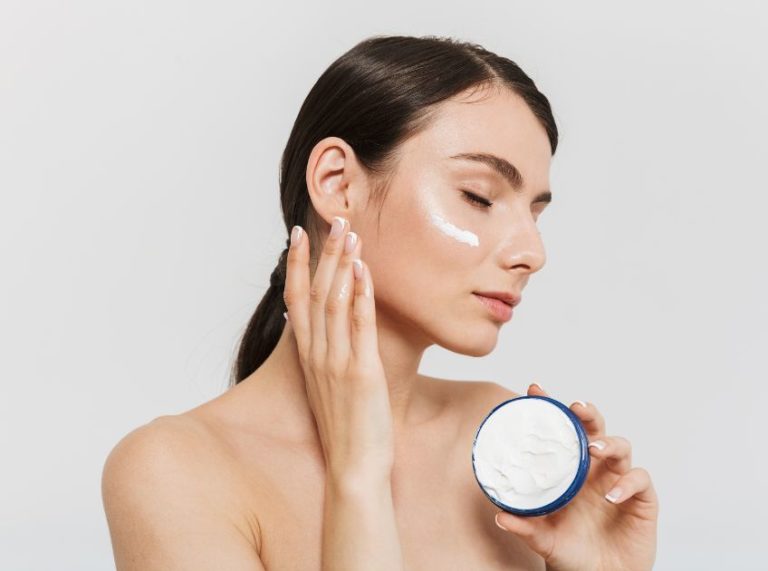
Important: This article is for informational purposes only. Please read our full disclaimer for more details.
What happens when you stop using hydroquinone cream and its side effects and to use direction? And skin types that can use the cream to learn to know more about it what’s the wait start reading.
Article Contains
What Happens When You Use Hydroquinone Cream?
- What Skin Conditions Can Benefit From It?
- Is It Safe For All Kinds Of Skin Tones?
- How To Use Hydroquinone?
- How Effective Is Hydroquinone Cream?
- How To Treat Hydroquinone-damaged Skin?
- Does Hydroquinone Cause Acne?
- Don’t Use The Cream If You’re Pregnant Or Breastfeeding
- When To Stop Hydroquinone Before Pregnancy?
- Can You Use It Daily?
What Happens When You Use Hydroquinone Cream?
Hydroquinone may prove beneficial for a period of maximum of five to six months. Once you stop using it, you may experience uneasiness or irritation in the affected parts of your face or body.
This may disrupt an essential part of the body’s healing process. This inflammation may be dangerous as your skin begins to resist the treatment after a particular time.
What Skin Conditions Can Benefit From It?
Hydroquinone is used to treat skin conditions which include:
-acne scars
–age spots
-freckles
-melasma
Although hydroquinone can help fade red or brown spots that have lingered in your face, it won’t help with active inflammation. The ingredient can help minimize acne scarring when we use it regularly, but it won’t affect redness from active breakouts.
Is It Safe For All Kinds Of Skin Tones?
Although there are a few exceptions for some skin tones which can be mentioned below
If you have dry or sensitive skin, you may find that hydroquinone causes further dryness or irritation and uneven skin tone. This usually tapers off as your skin adjusts to the ingredient slowly.
People who have normal or oily skin are less likely to experience these side effects because of the ingredients.
The ingredient tends to work best on fair and golden skin tones. If you have a medium-to-dark skin tone, get consulted with your dermatologist before use. Hydroquinone may actually worsen hyperpigmentation in darker skin tones without doctor consultation.
How To Use Hydroquinone?
- Rub a small amount of the product into the inside of your clean forearm.
- Cover the area with a bandage.
- Wash your hands to prevent the product from staining your clothes hands.
- Wait for 24 hours.
- Discontinue the use if you experience severe itching or other irritation during this process.
How Effective Is Hydroquinone Cream?
In most lightening of skin should be seen after four weeks of treatment. Sometimes it may take longer to see any changes, but if no bleaching is seen after three months of treatment, you should stop using the cream.
To increase the effectiveness you should stay out of the sun wear protective clothing and use a SPF+15sunscreen when you go out. Do not use any kind of sunlamps or tanning salon at the time of the treatment.
It is very important to use the cream regularly for the result as directed until you achieve the desired bleaching, after which use it as needed to maintain the result positive.
How To Treat Hydroquinone-damaged Skin?
According to specialists, damage caused by the application of hydroquinone can be cured by washing your face with warm water and exposing the affected area to the sun.
Also, you are recommended to use strong sunscreen along with hydroquinone and sometimes aloe vera could help. In case of irritation, wash your face and apply anti-itch cream to the infected skin.
Home remedies like an oatmeal bath, coconut oil, or some moisturizer on the affected area may also help.
Does Hydroquinone Cause Acne?
No, it does not cause acne. Instead, it slowly treats acne and the scars resulting from acne. After the acne is treated, post-inflammatory hyperpigmentation may occur in the affected area.
This is more like or troubling as acne itself. Hydroquinone bleaches the affected area and decreases the number of melanocytes yielding clear skin and cleaning the skin.
Don’t Use The Cream If You’re Pregnant Or Breastfeeding
About to have a baby? Just gave birth and now nursing your abundance of joy? Well, hydroquinone isn’t for you right now because of the side effects.
Studies haven’t focused on the effects of hydroquinone absorption in pregnant or lactating people specifically, but the absorption via the skin is about 35 to 45 percent, which is quite high and harms both baby and the mother.
Although birth defects were not observed in fetuses exposed to high levels of the cream, we don’t have data in humans showing that it is demonstrably safe to use in pregnancy.
When To Stop Hydroquinone Before Pregnancy?
It is recommended to discontinue or consult the doctor about using hydroquinone before you conceive. Reproductive studies on animals have claimed that hydroquinone may harm the fetus or the mother.
Considering that a dosage of the same is more effective in humans, it is advised to stop or avoid using hydroquinone from the day the pregnancy test is positive.
Can You Use It Daily?
Yes, it is safe to use hydroquinone daily for good results. The cream should be applied after washing your face two times a day to the affected area for six months.
Closure:
Hyperpigmentation can be a complex condition to treat. Although hydroquinone may help to treat and lighten your skin, this ingredient isn’t appropriate for everyone so it is better to consult.
Before using the product, you should check with your dermatologist, especially if you have sensitive skin, problematic skin, or a medium-to-dark skin tone.
It can also recommend alternative skin-lightening treatments, including natural products.
You Might Also Like:
- What Is Meant By Source Cream And How It Can Be Used?
- How to Get Healthy Skin Naturally at Home
- CeraVe AM Facial Moisturizing Lotion SPF 30 Review
Image Credit: freepik
















